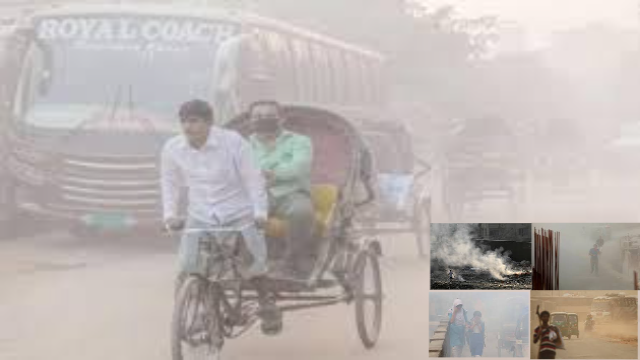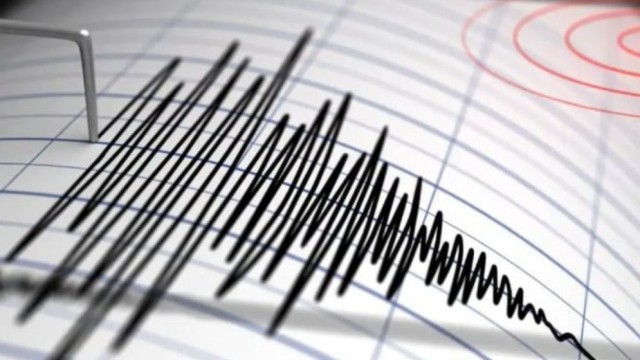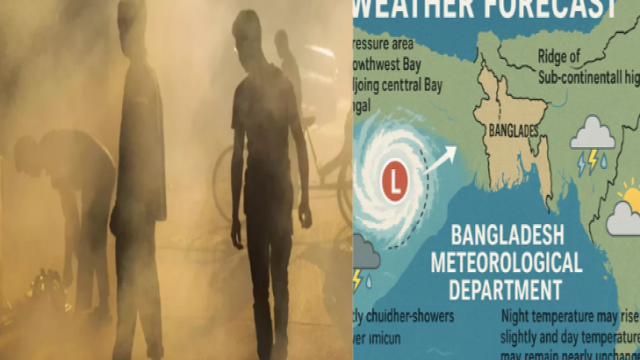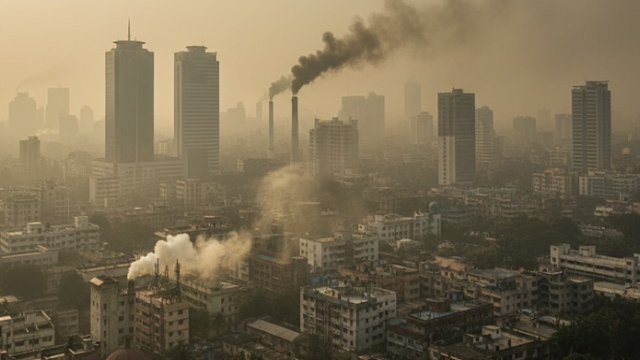Dhaka, the capital city of Bangladesh, has once again garnered global attention due to its alarming air quality, ranking second worst on the Air Quality Index (AQI) with a hazardous score of 288 recorded on Wednesday, February 14 morning at 8.00 am.
The Air Quality Index (AQI) plays a pivotal role in providing essential information about the daily state of air quality, reflecting the degree of cleanliness or level of pollution and related health hazards. On a scale of 0 to 500, an elevated AQI measure indicates amplified pollution levels and more significant health risks, specifically when the value exceeds 100, indicating poor air quality.
The sources of air pollution in Dhaka are diverse, including vehicle emissions, brick kilns, construction dust, open burning, and industrial activities. These activities emit various pollutants such as particulate matter (PM10 and PM2.5), nitrogen dioxide (NO2), carbon monoxide (CO), sulfur dioxide (SO2), and ozone (O3), contributing to respiratory infections, asthma, bronchitis, cardiovascular diseases, and lung cancer.
The city with the most severe air quality issues is Kolkata in India, leading the list with an AQI score of 303, followed by Dhaka, Delhi in India, Lahore in Pakistan, and Mumbai in India, with AQI scores of 268, 217, and 214, respectively. These rankings underscore the widespread challenge of air pollution in densely populated urban areas across South Asia, highlighting the urgent need for concerted efforts to address this pressing environmental and public health issue.
Air quality in Dhaka fluctuates throughout the year, with winter months exacerbating pollution due to low temperatures, humidity, and wind speed, creating a stable atmosphere that traps pollutants near the ground, forming smog. Conversely, the monsoon season brings relief as rainfall and wind disperse pollutants.
The health impacts of air pollution are severe, with the World Health Organization attributing seven million annual deaths globally to air pollution-related causes. Residents of Dhaka are urged to heed AQI advisories and take precautionary measures, particularly on days of poor air quality, to safeguard against stroke, heart disease, respiratory illnesses, and other associated health risks.






























Comment: